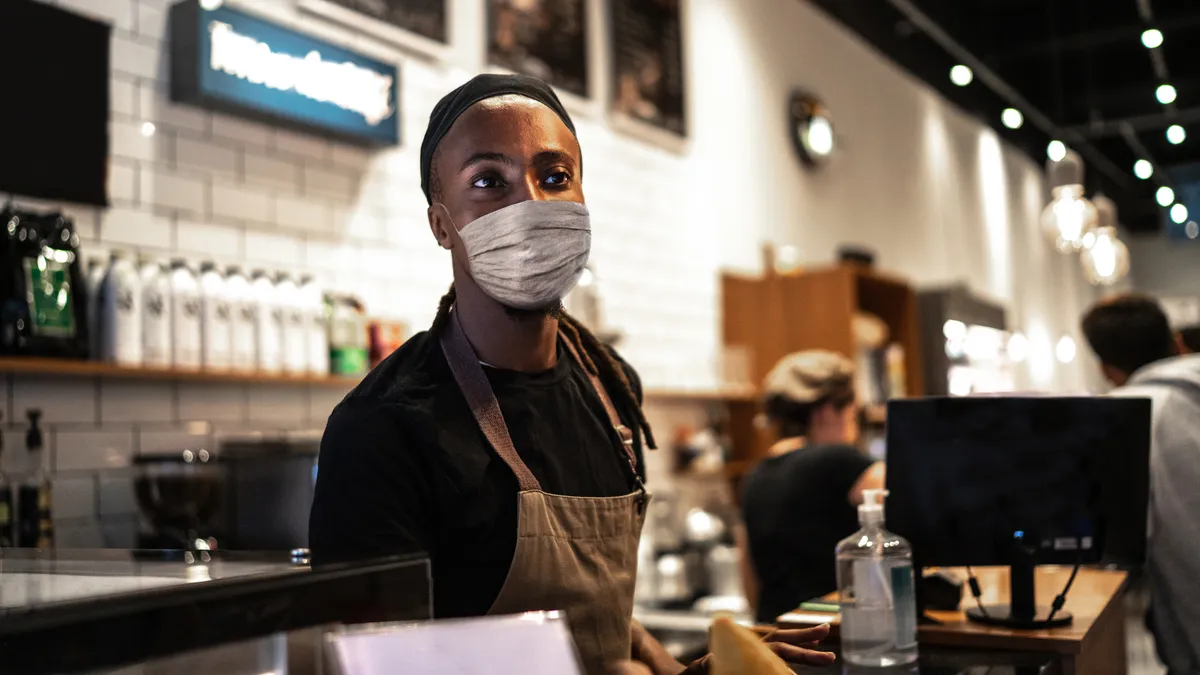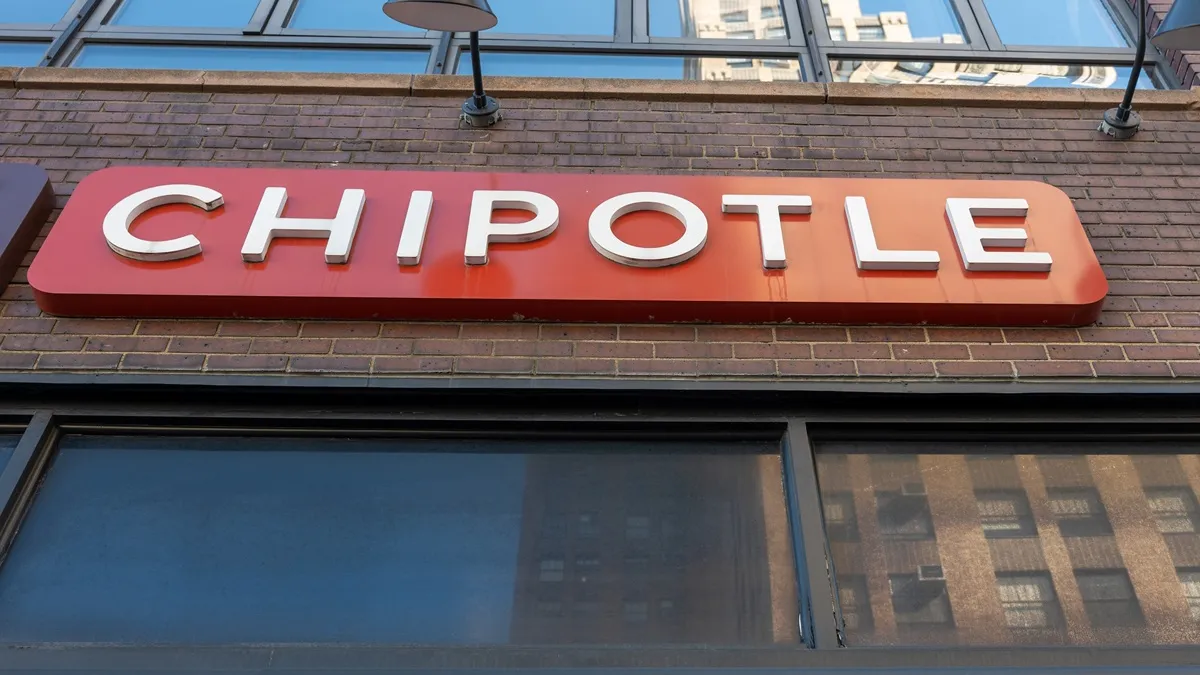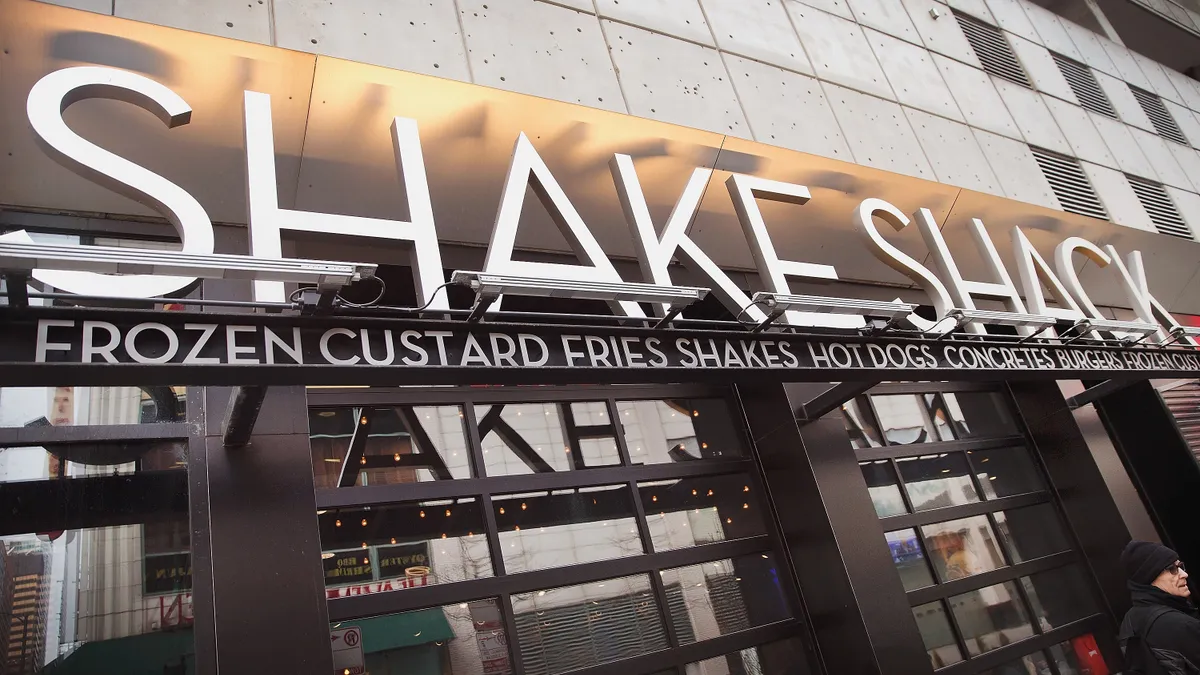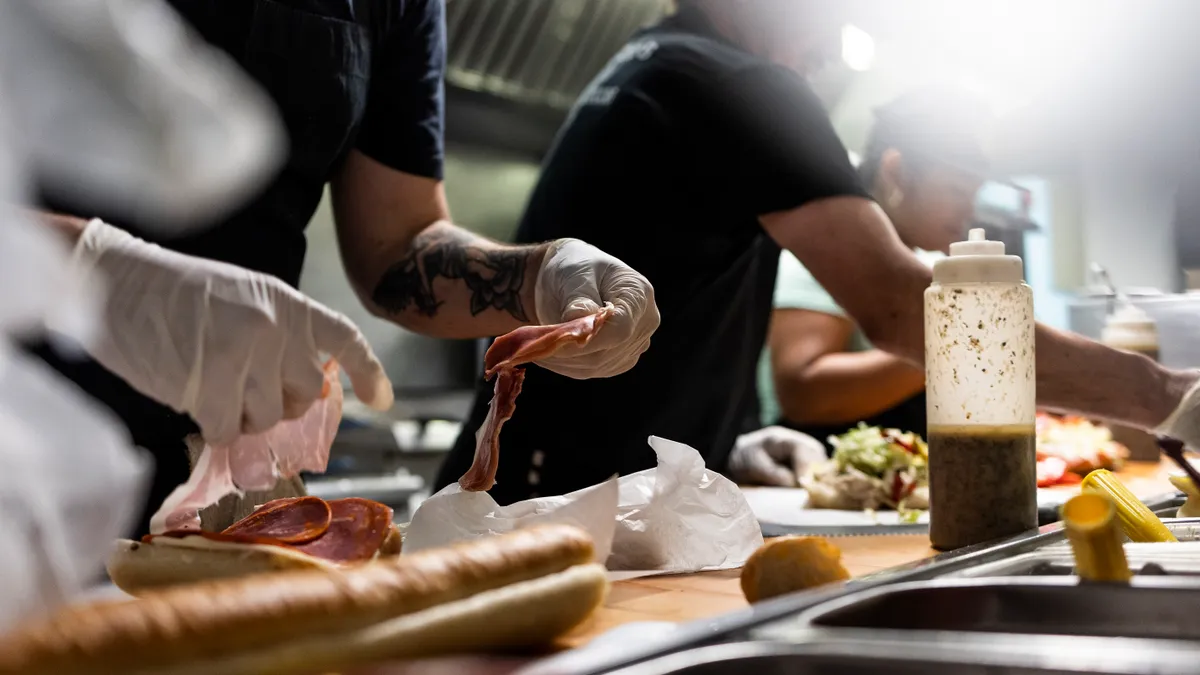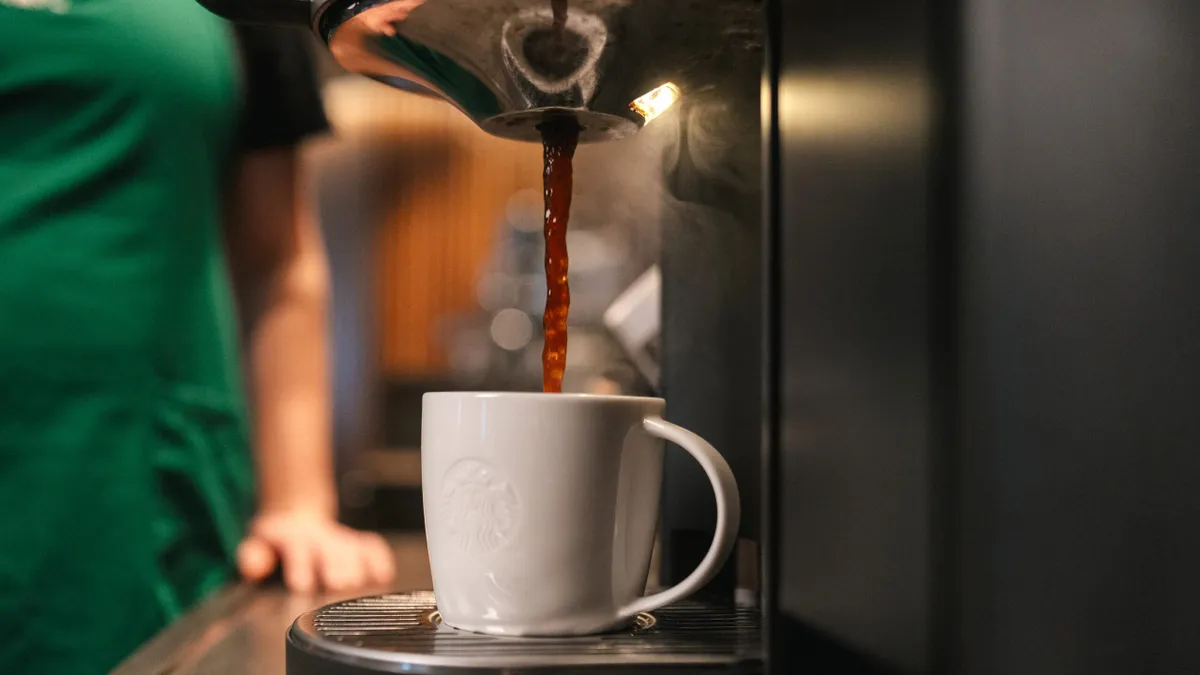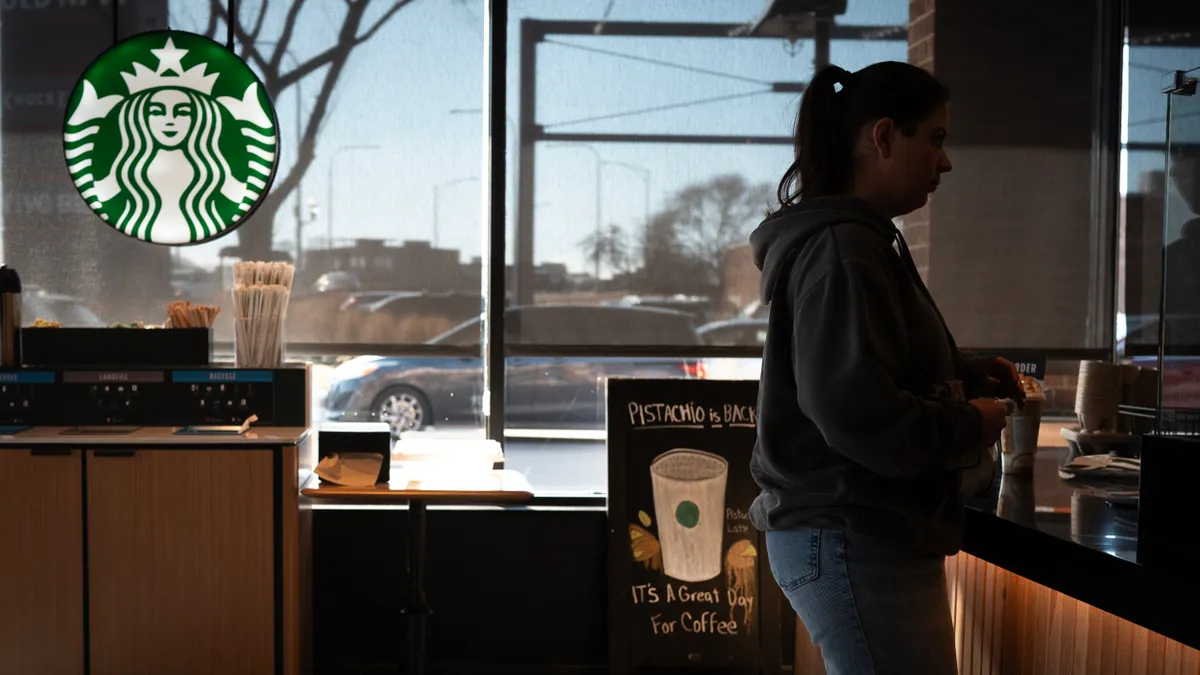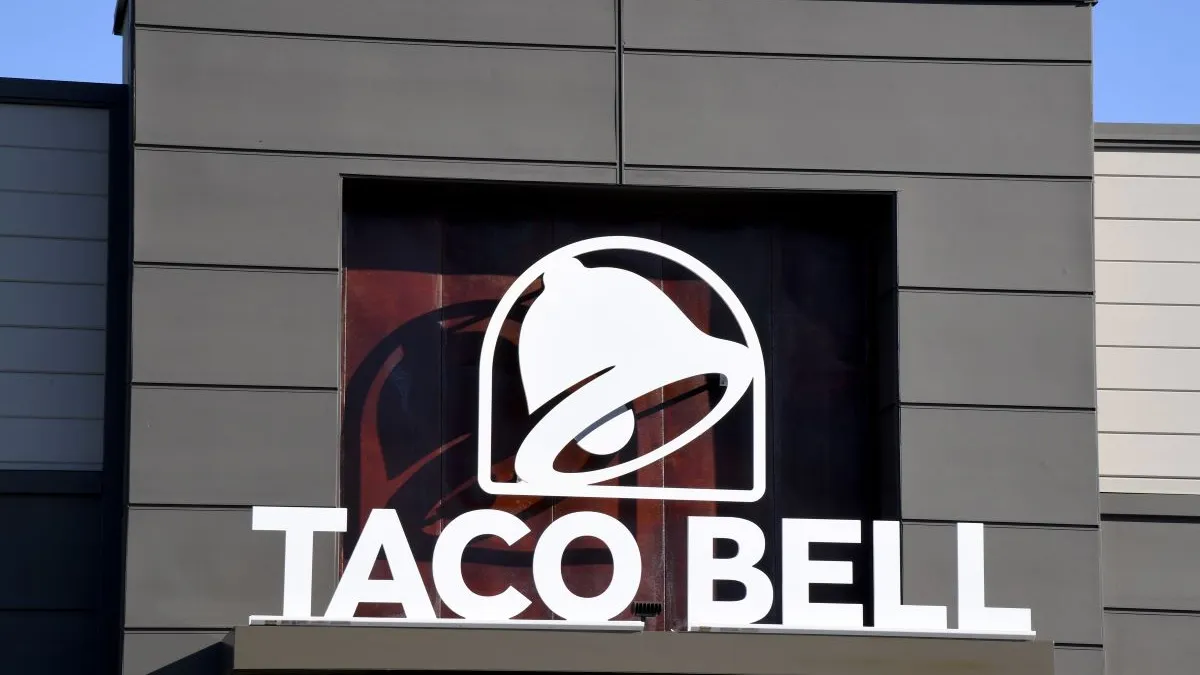The following is a guest post by Victor Love, co-owner of Josephine's Southern Cooking in Chicago, written on behalf of One Fair Wage.
This opinion piece is part of a package that explores arguments in support of and against the Raise the Wage Act. Read the National Restaurant Association's article arguing against the proposal here.
The other day I was trying to explain to a friend why the Raise The Wage Act would be a good thing for independent restaurant owners like me. I described a block of businesses you might see in any town across the country. There would be a hair salon. And a dry cleaner. And a grocery store. And a restaurant like mine: Josephine's Southern Cooking on the South Side of Chicago. Why, I asked my friend, should the hair salon and the dry cleaner and the grocery store have to pay their workers a full minimum wage, but restaurants get away with paying less? Why are there special rules just for us? I'm trying to be a decent business owner and make sure my staff makes a living wage with tips on top, which is more important now than ever with tips down during the pandemic. Restaurant prices are set by the market, and unfortunately, there are many restaurant chains that lobby to keep wages low, so that they can convince consumers that food and hospitality are cheap.
This isn't a debate. We know that in the seven states that have moved to One Fair Wage — a full minimum wage with tips on top — restaurant industry growth is stronger and tipping is higher. One Fair Wage isn't only the just thing to do, but the smart thing to do from a financial perspective. So why even have a subminimum wage in the first place?
The disturbing fact is that the subminimum wage is a vestige of slavery. When the 13th Amendment formally ended chattel slavery in the United States, businesses in the South wanted to be able to continue to profit off of free Black labor. Some resorted, for instance, to pressing for new laws to criminalize Black people and then access free labor through prison convict leasing arrangements. But restaurants and train operators had a unique idea. Tipping, which had become popular in Europe as a form of "noblesse oblige" among wealthy landowners, would be introduced in the United States as a replacement for wages. Black train workers fended off this plan by forming a union and organizing to demand real wages. But groups of restaurants banded together — the earliest iterations of what would become the National Restaurant Association lobby — and tips as wages became the industry norm. In fact, in some cases, restaurant owners actually made Black workers pay the restaurants for the "privilege" of being able to work and hopefully earn tips.
Restaurant workers were excluded when a national minimum wage was created under the Fair Labor Standards Act (FLSA) in 1938. For decades after, the industry lobbied to maintain the exclusions, and by the 1960s the American Hotel and Motel Association estimated that the continued exemptions from full minimum wage requirements were saving the industry $1 million per day.
Now let's layer a few more disturbing realities on top. Women who have to rely on tips as wages in states that pay the subminimum wage have documented rates of sexual harassment that are twice as high as women restaurant workers in states with a full minimum wage plus tips on top. That makes sense. When you rely on customers to make rent, the customer is always right — even when they do something incredibly wrong. And studies show that White servers are tipped at higher rates than people of color, which accounts for the fact that White restaurant workers in general earn more than workers of color. Both of these dynamics have been exacerbated by the COVID-19 pandemic. Nationwide in 2020, White male restaurant servers made on average $5 more per hour than Black women servers because of implicit bias in tipping and the subminimum wage. And at the same time, women servers of all races have reported an increase in sexual harassment during the pandemic, often taking the form of "maskual harassment." This entails male customers saying things like, "Take off your mask so I can see how much to tip you” or "Pull down that mask so I can see if I want to take you home later. "
Obviously restaurants are suffering, too. Yet our salvation should not and cannot come at the further expense of workers. For too long, many restaurants in our industry have taken advantage of laws that were originally designed to take advantage of workers of color and especially women of color. But the fact is, those of us who run restaurants — and actually interact with our staff on a day-to-day basis — know that worker fates and owner fates are ultimately intertwined. When we have happy, supported, successful staff we have low turnover, engaged guests and successful restaurants. And it's important that our economy going forward, including any pandemic relief, raises all boats. That's what the Raise The Wage Act does, bringing the restaurant industry into the 21st century and ensuring that the recipe for our success isn't based on racist and sexist policies from the past.
Indeed, this is what more and more restaurants are clamoring for — restaurants like mine leaving the National Restaurant Association and joining groups like RAISE High Road Kitchens, which supports and advocates for owners in our industry who want to do right by workers and our communities. And during the pandemic, more and more cities and states have embraced policies to support so-called "High Road Kitchens," including California and Michigan and Boston and Chicago and New York City, to provide financial relief for restaurants that pay One Fair Wage. It’s time for the federal government to follow our lead.
The Raise The Wage Act is good policy for the restaurant industry. We should all play by the same set of rules — rules that are fair to owners, customers and employees. If my restaurant succeeds, it should be because we offer a good experience and a great meal to customers, not because we're cutting corners on worker wages. Saving restaurants has to include saving our workforce, and envisioning a future where the true cost of food and service is fair and just.


